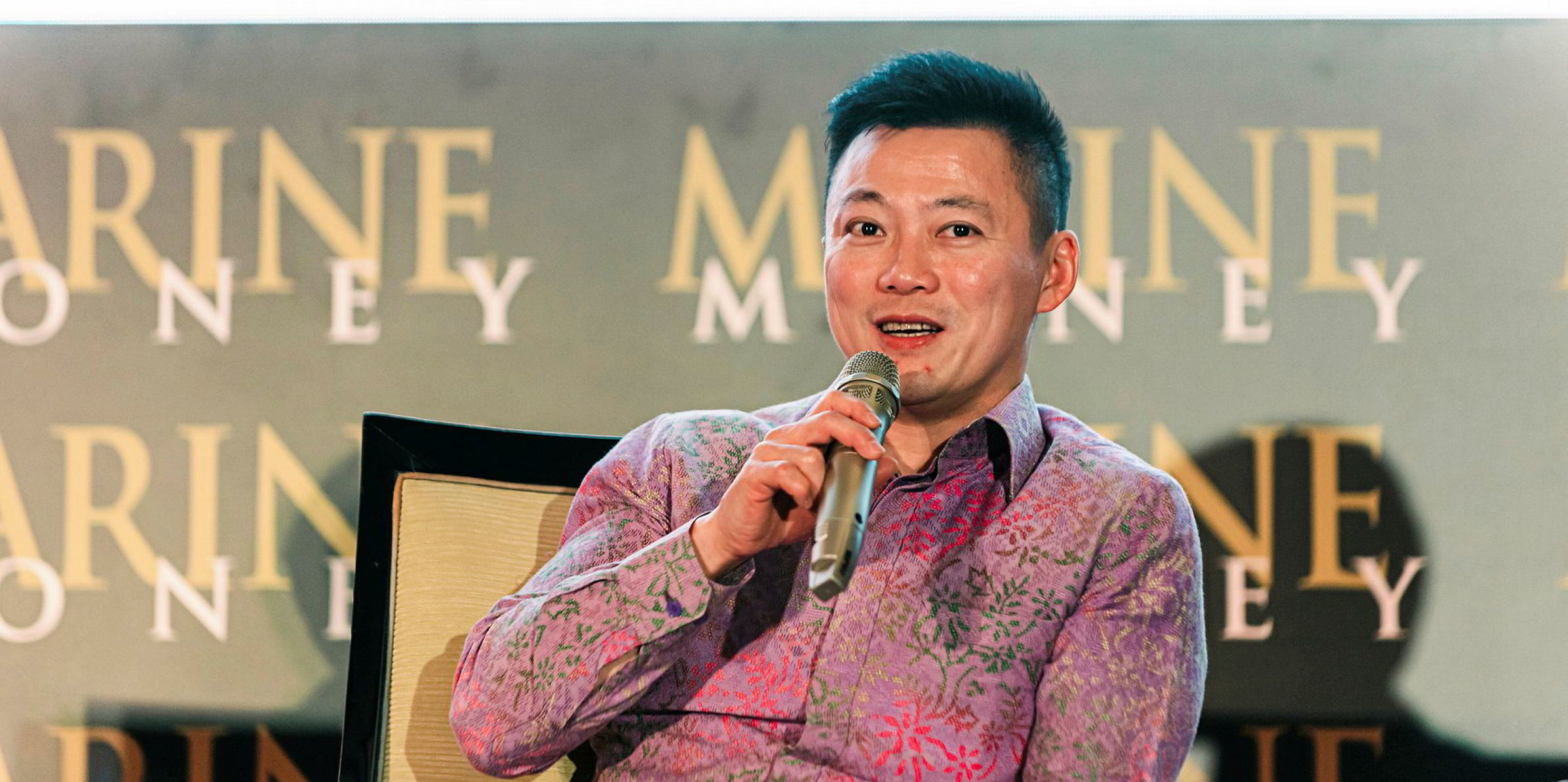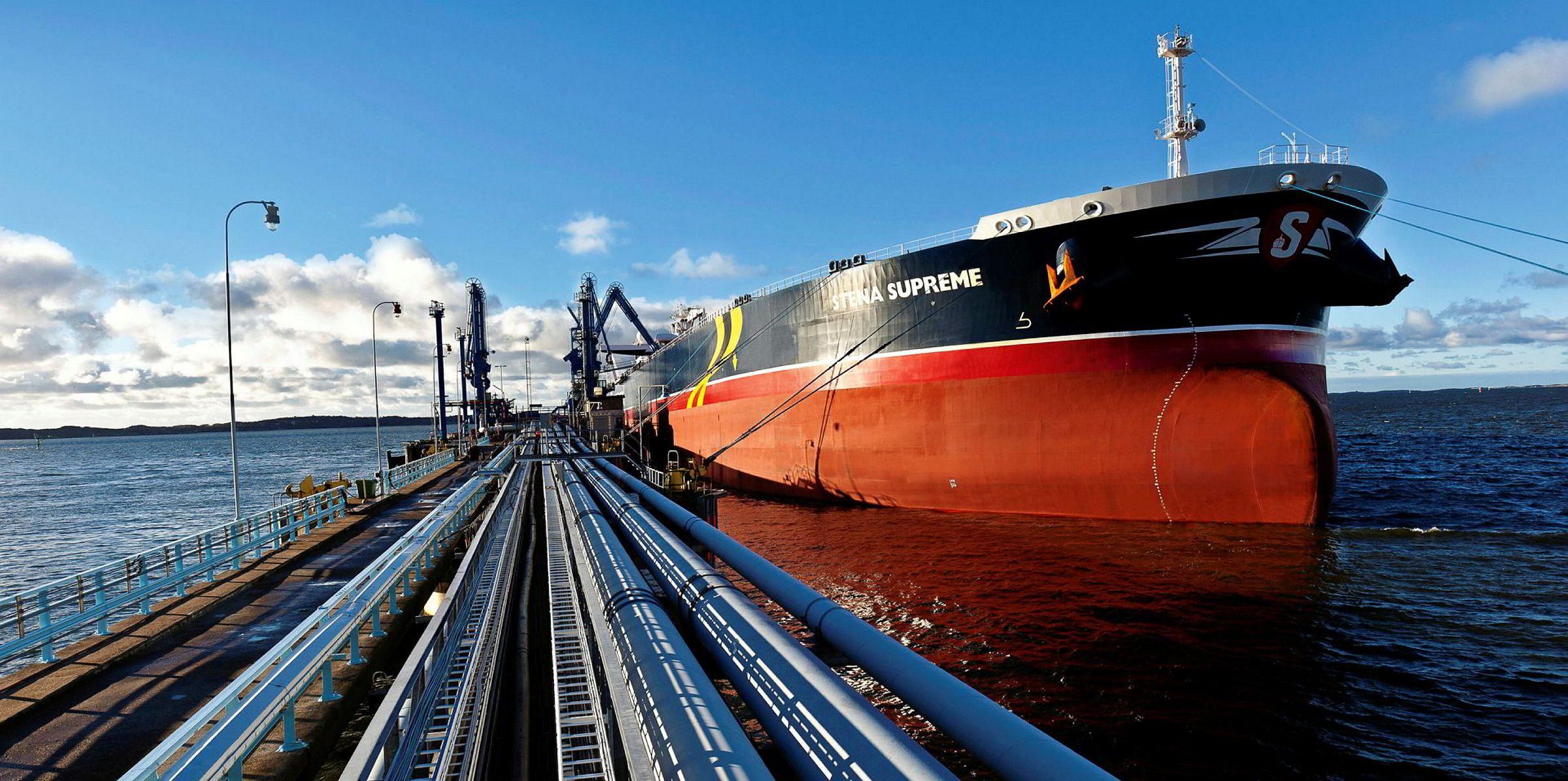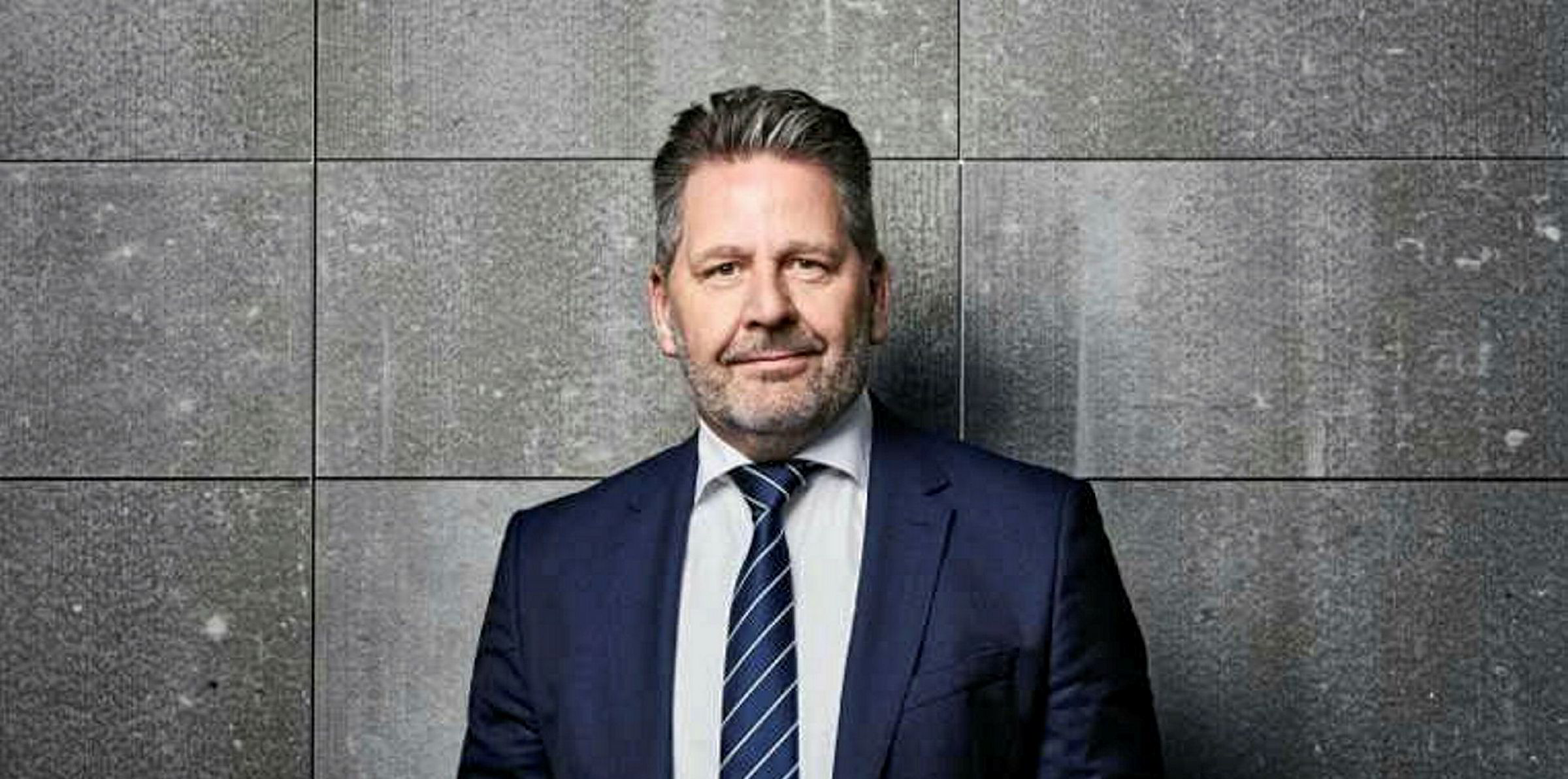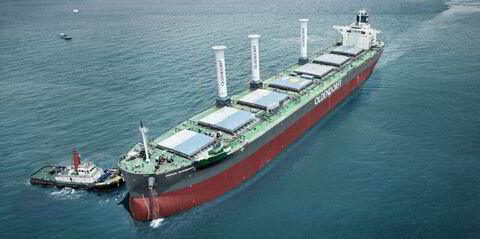Indonesia's Buana Lintas Lautan (BULL) sees bigger profit ahead after a strong first quarter that saw it benefit from its expanded fleet.
The product tanker company called its performance "outstanding" as net profit to 31 March hit $19.7m, from $4.1m a year ago.
The 2020 figure includes a gain of $6.3m primarily due to non-cash foreign exchange effects, as some of the company’s borrowings are in the weaker Indonesian rupiah, while it reports in US dollars.
Revenue was up at $43.1m, against $23.4m in 2019.
In 2019, it took delivery of eight more ships, and added another five tankers in the first quarter of 2020.
Capacity is now 1.71m dwt, up 96.1% from 2018. It now has 30 vessels.
Maersk and FSL deals
In November, it was said to be buying the 109,600-dwt LR2 product tankers Maersk Princess, Maersk Phoenix (both built 2005), and Maersk Promise and Maersk Producer (both built 2006) in an en bloc deal worth $83m.
It also bought the 109,700-dwt sisterships FSL Piraeus and FSL Perth (both built 2006) from Stathis Topouzoglou-led First Ship Lease Trust for $19.85m each.
And it signed an agreement to buy the 113,600-dwt Aristodimos and Amore Mio (both built 2006) from Greece’s Capital Maritime & Trading at $21.5m each.
Wider reach
BULL, like most Indonesian tanker players, derives the bulk of its revenue from charters to Pertamina.
Diversification into the international market meant an upturn in time charter equivalent rates, however. A fifth of its business came from outside Indonesia.
LR2 and handysize numbers rose 21.5% due to a low orderbook, rising demand and supply disruptions that created a record boom in rates, it said.
"The onset of the Covid-19 pandemic has further strengthened market tanker rates into the second quarter," it added.
"As the global oil producers cannot reduce production quickly, while demand for oil temporarily declined sharply, this means a lot of oil must be stored every day, resulting in on-land oil storage facilities filling up."
Ships have also been booked for storage, while tankers must wait much longer to discharge at "brimming" onshore tanks, creating severe port congestion, which also absorbs additional tanker supply.
"The company plans to continue its fleet growth prudently," BULL said.
It is forecasting a "materially higher" profit in the second quarter.





